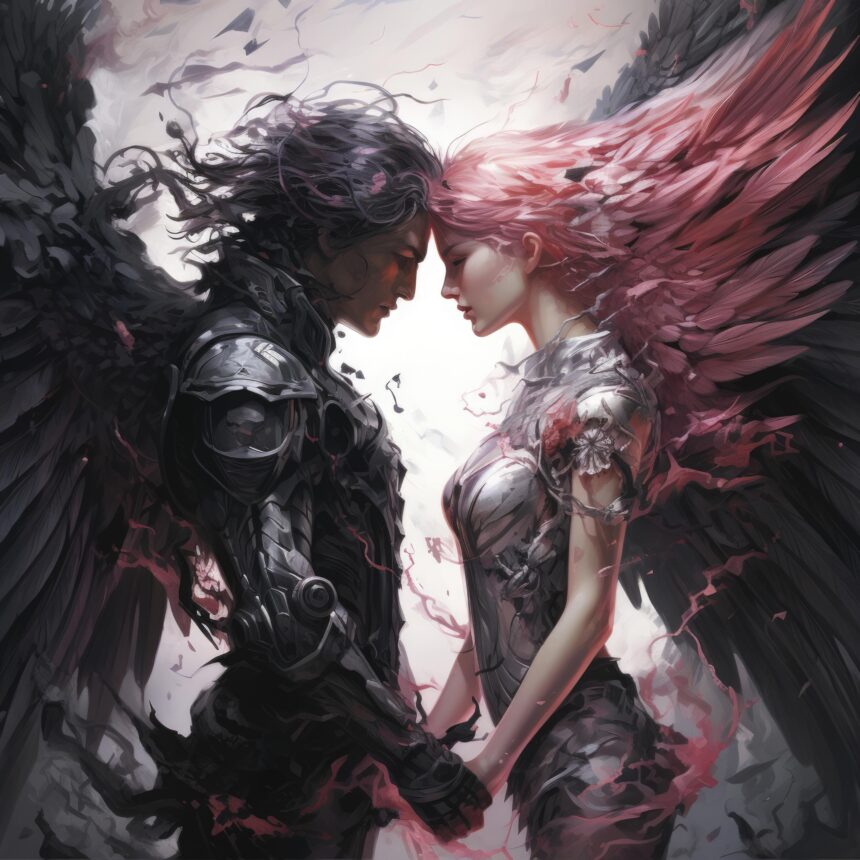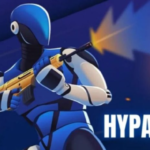Introduction
In storytelling, mythology, and even psychology, powerful phrases can spark curiosity and reflection. One such phrase is “unexpected pre-scene passion: atlas eros.” Though abstract at first glance, it combines mythological imagery (Atlas), human emotion (Eros), and narrative tension (pre-scene passion).
This article unpacks the phrase in detail—exploring its symbolic roots, practical applications in creative arts, and how it resonates with human experience. Whether you’re a writer, student, artist, or just intrigued by layered concepts, you’ll find insights and tips for using this theme meaningfully.
What Does “Unexpected Pre-Scene Passion: Atlas Eros” Mean?
Let’s break down the phrase step by step:
- Unexpected – Something unplanned, unanticipated, or beyond control.
- Pre-scene – The moment before a significant event, performance, or turning point.
- Passion – Strong emotion, often love, desire, or creative energy.
- Atlas – In Greek mythology, the Titan who carried the sky on his shoulders, symbolizing endurance and burden.
- Eros – The Greek god of love and desire, representing attraction, passion, and creative life force.
Definition (featured snippet friendly):
“Unexpected pre-scene passion: atlas eros refers to the unanticipated surge of emotional intensity, blending the burden of responsibility (Atlas) with the spark of love or creativity (Eros), occurring before a pivotal moment or scene.”
Symbolism and Mythological Roots
Atlas: The Titan of Endurance
Atlas embodies the struggle of carrying immense responsibility. He’s often a metaphor for weight—be it emotional, creative, or societal.
Eros: God of Desire and Connection
Eros represents not just physical passion but also the creative spark that binds people and ideas together.
Fusion of Atlas and Eros
Together, Atlas and Eros suggest the tension between burden and desire—the weight of obligation colliding with the power of love or creativity. When paired with “unexpected pre-scene passion,” it describes the hidden emotional charge before a critical turning point.
Applications in Storytelling and Literature
1. Narrative Tension Before the Scene
Authors often use pre-scene passion to heighten drama. Before a battle, confession, or reveal, characters may experience an unexpected rush of feeling—love, anger, fear—that colors the outcome.
Example:
- In a historical drama, a leader burdened like Atlas feels the weight of responsibility but is suddenly moved by eros—the love of their people—before stepping onto the battlefield.
2. Mythopoetic Writing
Writers inspired by mythology can weave Atlas and Eros into metaphors, describing love as both a burden to carry and a force that uplifts.
3. Stage & Screenwriting
The phrase resonates strongly in theatre or film: just before the curtain rises or the camera rolls, unexpected passion erupts, shaping the tone of the coming scene.
Psychological and Emotional Interpretations
- Atlas as Burden: Represents stress, duty, and responsibilities we carry.
- Eros as Drive: Symbolizes passion, creativity, or intimacy.
- Pre-scene Passion: The sudden surge of emotions before action—nerves before a presentation, adrenaline before competition, or love before confession.
Practical Tip: Writers, therapists, and creatives can use this framework to analyze human moments of intensity—where hidden emotions surface at critical thresholds.
Cultural Resonance
Ancient Symbolism
In ancient art, Atlas and Eros never directly intersect, but blending them reflects modern reinterpretation: endurance meeting love.
Modern Media
In films, novels, and poetry, such juxtapositions often appear: the soldier’s duty weighed against his love, the artist’s struggle balanced by inspiration.
Everyday Life
We experience it when we carry life’s responsibilities (Atlas) but feel sudden inspiration, attraction, or motivation (Eros) before making decisions.
Practical Uses for Writers and Creatives
Here’s how to harness the concept of unexpected pre-scene passion: atlas eros in creative work:
Step 1: Identify the “Burden” (Atlas)
- What is the character or person carrying? (Responsibility, guilt, destiny)
Step 2: Introduce the “Spark” (Eros)
- What emotion disrupts this burden? (Love, passion, artistic inspiration)
Step 3: Place It “Pre-Scene”
- Insert this emotional collision just before a crucial scene for maximum impact.
Step 4: Show the Contrast
- Illustrate how the burden and passion conflict or complement each other.
Example for Writers:
A character about to give a keynote speech (Atlas: pressure) is suddenly overcome by a memory of their loved one’s encouragement (Eros: passion), shifting their tone from nervous to powerful.
Step-by-Step Guide for Using the Concept in Storytelling
- Set Up the Burden – Establish what weighs on the character.
- Delay the Scene – Add a pause before the critical moment.
- Introduce the Unexpected – Let passion or creativity erupt suddenly.
- Tie to Atlas & Eros – Reference weight, endurance, or love metaphorically.
- Pay It Off in the Scene – Show how this pre-scene energy influences the outcome.
This structure creates layered, emotional depth in fiction, drama, or even motivational writing.
Examples Across Contexts
Literature Example
- In a novel, a protagonist burdened with saving their community (Atlas) unexpectedly falls in love (Eros) right before a decisive confrontation.
Film Example
- In cinema, think of pre-battle love confessions that fuel characters with courage.
Personal Example
- Before a big life decision—like moving abroad—you might feel weighed down by duty but suddenly inspired by passion for growth.
Ethical & Creative Implications
- Artistic Power: The fusion of Atlas and Eros allows artists to illustrate the balance of duty and passion.
- Human Reflection: It reminds us that even under great weight, love and creativity can transform the outcome.
- Caution for Writers: Overusing passion without grounding it in character responsibilities may weaken the impact.
FAQ Section
What does “unexpected pre-scene passion: atlas eros” mean?
It refers to the unplanned emotional intensity that arises just before a major moment, blending Atlas’ burden with Eros’ passion.
Is this phrase from mythology?
No, it’s a modern symbolic fusion, combining mythological figures Atlas and Eros with narrative tension.
How can writers use this idea?
Writers can use it to add depth to characters—showing hidden feelings surfacing before a turning point.
Is it only about love?
Not necessarily—it can represent passion for art, creativity, justice, or life itself.
Why “pre-scene”?
Because the most potent emotional charges often occur just before decisive action.
Can this concept apply outside storytelling?
Yes—psychology, therapy, and personal growth use similar frameworks to describe sudden motivation before challenges.
Conclusion
The phrase “unexpected pre-scene passion: atlas eros” may seem abstract, but it captures a profound truth: before our most significant moments, passion often collides with responsibility. Atlas reminds us of our burdens, while Eros reminds us of love, desire, and creativity. For writers, artists, and thinkers, it’s a powerful lens to frame characters, stories, and even our own lives.





